The Nigerian Naira for the first time in a while caught a massive relief against the United States of America Dollar on Wednesday, at the parallel segment of the Nigerian Foreign Exchange Market.
The local currency on Wednesday, scooped three points against the greenback to close the day at N363/$1, against the rate of N366 which had stayed unchanged at the black market.
Against the British Pound Sterling, the local currency also appreciated exchanging at the rate of N497 and closed at an improved rate of N425 against the European Single Currency, Euro.
The recent surge of the Naira can be attributed to intervention of the CBN at the foreign exchange market
Acting Director, Corporate Communications of the apex bank, Isaac Okorafor, last week, in a statement reiterated the apex bank’s commitment to intervene in the interbank foreign exchange market which is in line with pledge to sustain liquidity in the market and maintain stability.
He said the CBN would sustain its strategic management of the foreign exchange market with a view to reducing the country’s import bills and halt depletion of its foreign reserves.
Meanwhile, Okoroafor said the apex bank resisted suggestions to float the naira when the country was battling with the economic recession.
He stated these at the Capital Chapter Congress/Dinner of the Nigerian Institute of Public Relations (NIPR), FCT chapter, in Abuja.
Delivering a lecture titled, “Managing Public Confidence in a Period of Economic Challenge -The Role of Public Relations’’, the CBN spokesman said the bank was vindicated afterwards for rejecting the suggestion.
“Several people both local and international made the suggestions that we float the naira but we said no. We resisted the option because we felt it was a wrong option and dangerous to the economy and we are very happy we proved them wrong,” he said.
He said that crisis was unavoidable; hence the need for public relations practitioners to be proactive.
“You do not have to wait until there is a crisis before you begin to engage; during periods of normalcy, you need to engage people; make sure you supply people with information prior to the crisis because the crisis will come one day.
Mr. Okoroafor said there was the need for Nigeria to begin to add value to the goods it exported in order to strengthen the Naira.
He said that if Nigeria remained a nation of consumers – taking from other countries and hampering local production, the naira would continue to be weak.
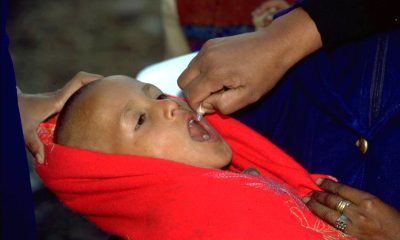
 Health6 days ago
Health6 days ago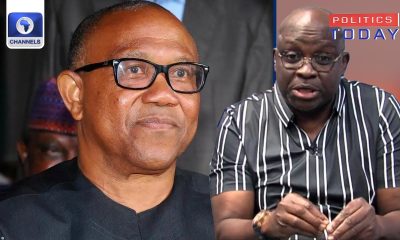
 Latest1 week ago
Latest1 week ago
 Football1 week ago
Football1 week ago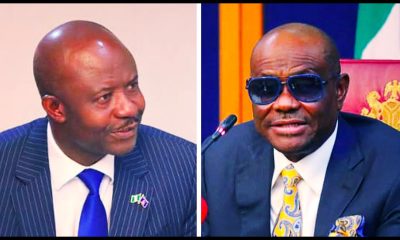
 Latest1 week ago
Latest1 week ago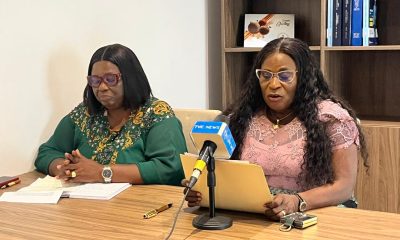
 Latest5 days ago
Latest5 days ago
 Health6 days ago
Health6 days ago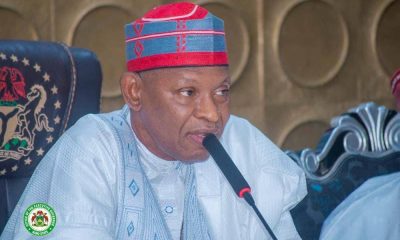
 Latest1 week ago
Latest1 week ago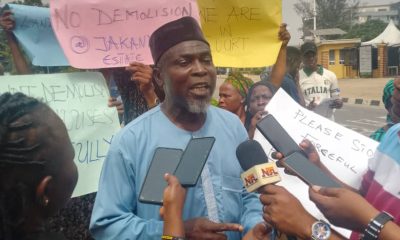
 News6 days ago
News6 days ago

